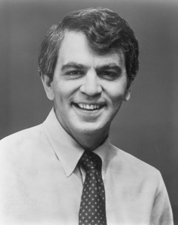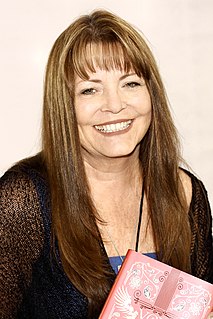Цитата Пола Цонгаса
Никто не застрахован от более крупных событий своего времени — Великой депрессии, Второй мировой войны, гражданских прав, Вьетнама, весны 1989 года в Китае. Эти события вторгаются в нашу жизнь и радикально влияют на наши направления.
Связанные цитаты
История Америки, часть I (1776–1966): Декларация независимости, Конституционная конвенция, Покупка Луизианы, Гражданская война, Реконструкция, Первая мировая война, Великая депрессия, Новый курс, Вторая мировая война, телевидение, холодная война, движение за гражданские права , Вьетнам. История Америки, часть II (с 1967 г. по настоящее время): эпоха Суперкубка. Суперкубок стал Марди Гра на главной улице.
Очень важно помнить, что, пока мы путешествуем по жизни, будет так много событий, которые мы не можем контролировать. Это вещи, которые, казалось бы, навсегда меняют нашу жизнь или становятся барьерами на пути к полноценной жизни. Важно помнить, что конечный жизненный опыт не должен зависеть от событий. У всех нас в жизни случаются тяжелые события — потеря членов семьи, экономика, стресс, судебные разбирательства, вмешательство правительства в наш бизнес, проблемы со здоровьем. Помните, что не события формируют нашу жизнь, а смысл, который мы им придаем.
Однако между вопросом, касающимся истории Японии, и нашими переговорами с Китаем есть принципиальная разница. О чем все это? Японский вопрос возник в результате Второй мировой войны и закреплен в международных документах по итогам Второй мировой войны, а наши обсуждения пограничных вопросов с китайскими коллегами не имеют никакого отношения ни ко Второй мировой войне, ни к каким-либо другим военным конфликтам. Это первый, точнее, я бы сказал, второй момент.
Наша жизнь структурирована нашими воспоминаниями о событиях. Событие X произошло как раз перед большими парижскими каникулами. Я делал Y в первое лето после того, как научился водить. Z случилось на выходных после того, как я устроился на свою первую работу. Мы запоминаем события, располагая их во времени относительно других событий.
Америка — страна больших мечтателей и больших надежд. Именно эта надежда поддерживала нас во время революции и гражданской войны, депрессии и мировой войны, борьбы за гражданские и социальные права и на грани ядерного кризиса. И это потому, что наши мечтатели мечтали, чтобы мы выходили из каждого испытания более сплоченными, более процветающими и вызывающими большее восхищение, чем раньше.
Так начинается война. В мирную жизнь приходит объявление, угроза. Где-то падает бомба, потенциальных предателей тихо увозят в тюрьму. И какое-то время, дни, месяцы, может быть год, жизнь имеет мирное качество, в которое вторгаются военные события. Но когда война идет уже давно, вся жизнь состоит из войны, каждое событие имеет качество войны, ничего от мира не остается.
Если вы не политик или интеллектуал, такие события, как Депрессия, рассматриваются как личные события. Мы думали о Депрессии как о чем-то, от чего замерзают трубы; мы думали, что это ударило нас, потому что папа не передвинул стоянку такси и потому что он сломал бедро. Только потом я узнал, что это национальное явление.
Моя семья была очень увлечена окружающим нас миром. Мой отец был африканским методистским епископальным священником и иммигрантом из Панамы. Он активно участвовал в борьбе за гражданские права, что напугало мою мать — она тоже была иммигранткой с Барбадоса, у которой было полно дел с шестью детьми, и она беспокоилась, что моего отца депортируют. Но из-за его увлечения политикой и гражданскими правами мы уделяли пристальное внимание текущим событиям. Мы вместе смотрели политические съезды - для удовольствия!
Потери в Гражданской войне больше, чем во всех других войнах — во всех других американских войнах вместе взятых. В той войне погибло больше людей, чем во Второй мировой войне, Первой мировой войне, войне во Вьетнаме и т. д. И это была война за превосходство белых. Это была война за создание государства, в основе которого лежало порабощение чернокожих.

































